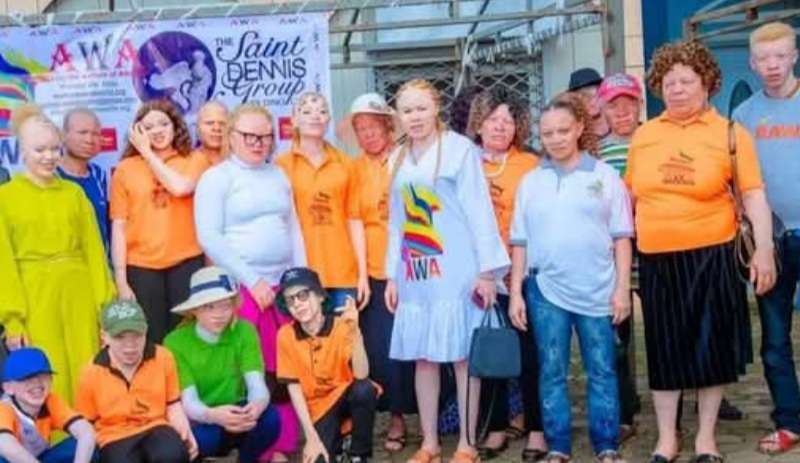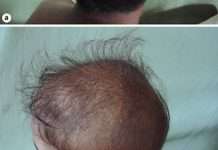The Albinism Association of Nigeria (AAN) has expressed grave concern over the escalating number of skin cancer cases within the albinism community. At least 40 members of the association are currently battling the disease, which continues to take a heavy toll on their health and well-being.
Dr Bisi Bamishe, the national president of the association, raised the alarm on the prevalence of the disease among her members, revealing that 16 of them tragically lost their lives to skin cancer in 2024 alone. The situation has become critical, with many individuals suffering in silence.
The AAN president, in a press statement on Monday, said the fight against skin cancer remains a major health challenge for persons with albinism in Nigeria, especially due to their heightened vulnerability to the disease. Many of those affected are either receiving treatment in hospitals or enduring the pain in isolation at home.
“The numbers are alarming, and without immediate intervention, we risk losing even more of our members to this deadly disease,” Dr. Bamishe stated. “Our community is in dire need of assistance to address this growing crisis,” she decried.
The association called for urgent support in the form of surgery, chemotherapy, and radiotherapy for those battling the disease.
Skin cancer is the most common form of cancer worldwide, according to the World Health Organisation (WHO), with over 1.5 million new cases reported globally in 2022.
Experts agree that individuals with albinism, who lack the protective pigment melanin, are particularly susceptible to the harmful effects of the sun, which increases their risk of developing skin cancer.
The president emphasised the need for comprehensive assistance from the government, corporate organisations, and the general public to address the urgent needs of its members. This includes financial aid for life-saving treatments as well as protective resources such as sunscreen, hats, UV umbrellas, and clothing designed to shield individuals from harmful UV rays.
Dr Bamishe also appealed for increased public awareness campaigns to educate Nigerians about the challenges faced by people with albinism. She stressed that such campaigns should take place across various platforms, including media, schools, markets, and religious settings.
As the year begins, the AAN called on all stakeholders to renew their efforts in tackling the health issues faced by persons with albinism.
Bamishe urged both governmental and non-governmental organisations to prioritise the needs of those affected by skin cancer, to prevent further loss of life.
“The road ahead is tough, but we believe that through collective action, we can help save lives and ensure a better future for persons with albinism in Nigeria,” she concluded.
With the urgent need for both medical treatment and public education, the Albinism Association is calling on all Nigerians to act now before it is too late.











